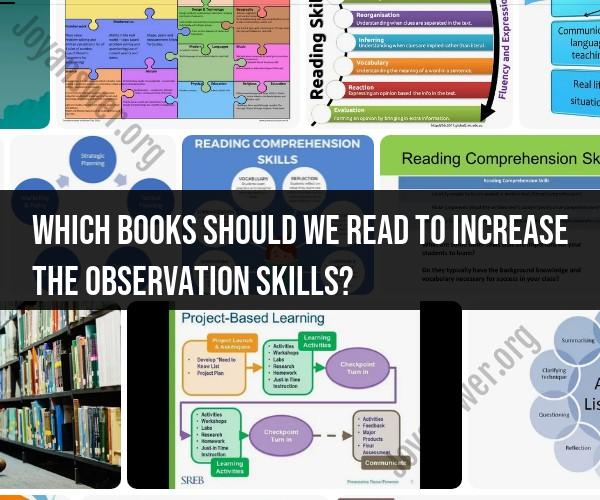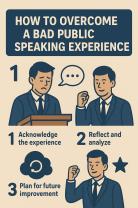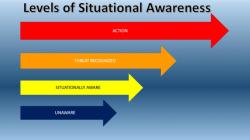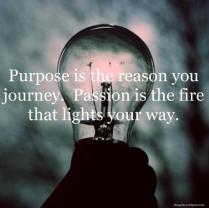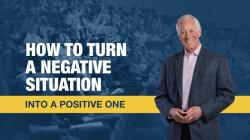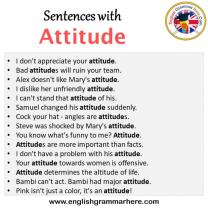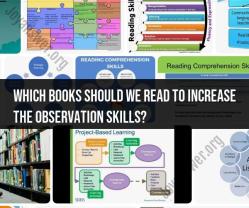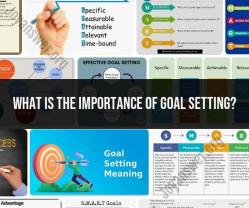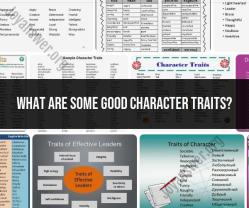Which books should we read to increase the observation skills?
Enhancing your observation skills is a valuable ability that can be developed through practice and by reading books that encourage mindfulness, attention to detail, and critical thinking. Here are some books that can help you improve your observation skills:
"The Art of Seeing" by Aldous Huxley: This book explores the act of truly seeing and perceiving the world around you, encouraging you to notice the beauty in everyday life.
"The Zen of Seeing" by Frederick Franck: A book that combines drawing and mindfulness, encouraging readers to observe their surroundings and translate what they see onto paper.
"On Looking: Eleven Walks with Expert Eyes" by Alexandra Horowitz: In this book, the author takes you on a series of walks, each with a different expert, to help you see the world from multiple perspectives.
"The Power of Now: A Guide to Spiritual Enlightenment" by Eckhart Tolle: While not explicitly about observation, this book teaches mindfulness and living in the present moment, which can greatly enhance your ability to observe and appreciate your surroundings.
"How to Read a Book" by Mortimer J. Adler and Charles Van Doren: This classic book teaches you how to read critically, which is an important aspect of improving your observation and comprehension skills.
"A Natural History of the Senses" by Diane Ackerman: This book explores the five senses and how they connect us to the world. It encourages you to pay closer attention to the sensory details of your environment.
"The Lost Art of Reading Nature's Signs" by Tristan Gooley: A guide to understanding and interpreting natural signs, from tracking to weather forecasting, helping you become more observant of the natural world.
"The Alchemist" by Paulo Coelho: While a work of fiction, this novel can inspire you to see the world through a different lens and pay attention to the signs and omens in your own life.
"The Curious Incident of the Dog in the Night-Time" by Mark Haddon: The book is narrated by a teenager with autism, offering a unique perspective on observation and the details that others might overlook.
"The Secret Life of Pronouns" by James W. Pennebaker: This book delves into the hidden meanings behind pronouns and language, helping you understand the subtle cues in communication and observation.
Remember that enhancing your observation skills is an ongoing process that requires practice and patience. These books can serve as valuable resources to help you develop and refine your ability to perceive and interpret the world around you.
Which books are recommended for enhancing observation skills and perception?
Here are some books that are recommended for enhancing observation skills and perception:
- On Looking: Eleven Walks with Expert Eyes by Alexandra Horowitz
- Look: A Practical Guide for Improving Your Observational Skills by James H. Gilmore
- The Art of Noticing: 131 Ways to Spark Creativity, Find Inspiration, and Discover Joy in the Everyday by Rob Walker
- Blink: The Power of Thinking Without Thinking by Malcolm Gladwell
- One Boy Watching by Grant Snider
These books provide different perspectives on how to improve your observation skills. Some focus on the science of perception, while others offer more practical exercises and tips.
What reading materials can help you develop a keener sense of observation and awareness?
In addition to the books listed above, any type of reading material can help you develop your observation skills. When you read, pay attention to the details of the story, the characters, and the setting. Try to imagine yourself in the story and notice what you would see, hear, smell, taste, and feel.
Here are some specific types of reading materials that can be particularly helpful for developing your observation skills:
- Fiction: Fiction books can help you develop your imagination and your ability to see the world from different perspectives.
- Nonfiction: Nonfiction books can teach you about different cultures, historical events, and scientific discoveries. This knowledge can help you to better understand the world around you and to notice more details.
- Poetry: Poetry can help you to appreciate the beauty of language and the power of words. It can also help you to see the world in new and unexpected ways.
How to use literature to nurture and refine your observational abilities?
Here are some tips for using literature to nurture and refine your observational abilities:
- Read slowly and carefully. Don't just skim through the text. Take the time to savor the words and to imagine the scene in your mind.
- Pay attention to details. Notice the physical descriptions of the characters, the setting, and the objects. Also, pay attention to the dialogue and the characters' actions.
- Ask yourself questions. As you read, ask yourself questions about the characters, the setting, and the plot. What are the characters' motivations? What is the significance of the setting? What is the author trying to say?
- Reflect on what you've read. After you finish reading, take some time to reflect on what you've read. What did you learn? What observations did you make? How has your understanding of the world changed?
By following these tips, you can use literature to nurture and refine your observational abilities.
In addition to reading, there are other things you can do to improve your observation skills, such as:
- Spend time in nature. When you're outside, take the time to notice the plants, animals, and other natural features around you.
- People-watch. Pay attention to the people around you and notice their body language, facial expressions, and clothing.
- Be mindful of your surroundings. When you're going about your daily routine, take the time to notice the small details around you.
By practicing these activities, you can develop your observation skills and become more aware of the world around you.
